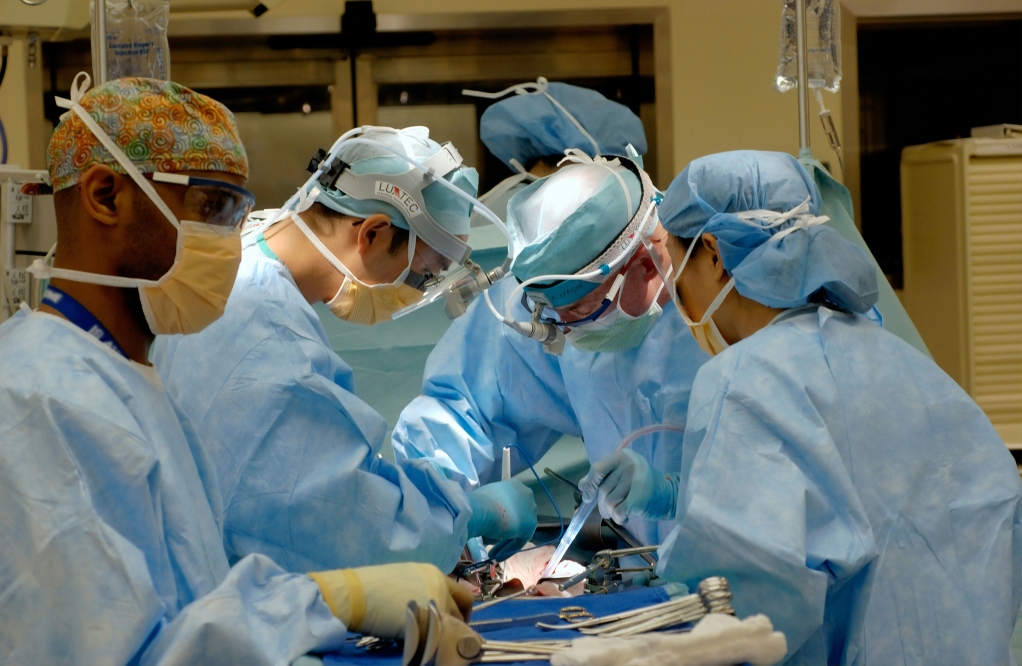
Medicine – the most coveted profession, especially in Asian cultures, where the social stature and financial rewards of being a doctor are, arguably, the height of parents’ aspirations for their children. Yet, it is also a profession fraught with uncertainties, unrealistic expectations, and enormous sacrifices.
On Heart of Medicine, SJMC Consultant Cardiologist Dr Kannan Pasamanickam is joined by fellow doctors Prof Florence Wang and SJMC Consultant Rheumatologist and Physician, Dr Raveendran Ramachandran, to explore the question of what it takes to become a doctor, and what is life like in their profession?
"Maybe it is worthwhile to explore what is this sense of calling that is always attached to medicine. There are several definitions such as committing one's life to meaningful work that serves a social purpose while others call it a deep sense of purpose where you are vested to your work. In contrast to this, a job is primarily about earning money. It serves as a means to an end," shared Dr Kannan.
Dr Kannan was about 14-15 years old when he decided to become a doctor after being inspired by his family doctor in his hometown in Muar. "He has a kind man who looked after the needs of the family. One day, I thought I wanted to be like him and I don't regret becoming a doctor."
On the contrary, Dr Raveendran's entry to medicine was almost by accident coming from a family who wished that one of their children will become a doctor. "I got a placement to do medicine at University Malaya and although my entry to medicine was not so exciting, looking back at being a doctor for almost 30 years, I have to say that among all professions, it is probably a job that gives you the most job satisfaction," he shared.
At 71 years old, Dr Kannan has spent close to 40 years as a doctor and with regards to medicine being a demanding job, he said that you'll find very little sympathy from him.
"The way medicine is practiced is that it is very hard to predict how an illness would fare or how it would appear. You need to have full commitment if you choose to be a doctor. Your personal needs will take second place. A few things a doctor must have is to be kind, to have a deep desire to help, is hardworking and be able to sacrifice his personal needs. If these things are not in lieu, then you should not choose medicine."
"It is a matter of perspective. How medicine was practised when I started is different to how it is now. While I agree that financial remuneration and general working conditions should reflect the times, the one thing that remains constant is the commitment and willingness to work hard. In some ways, to put the interest of others before your own. That is the essence of medicine; how it was taught to us and how I hope is taught to the present doctors," Dr Raveendran expressed.
While he agrees that doctors should not overwork as a tired mind tends to induce more mistakes, we should have produced enough doctors so there is no reason why they are overworked compared to the days gone by.
"I think one has to ask themselves why they are getting into it if they choose medicine. What you are willing to do and to address it from the beginning so there is less room for disappointment," Dr Kannan said.
Dr Raveendran echoed saying that he wouldn't have done anything differently as the most satisfying about being a doctor is the small difference made to the patients life as well as their family and people around them. "Medicine is still a noble profession. It is an involving profession with a lot of joy and satisfaction," he said.
"If someone were to ask me if he should do medicine, I would tell him, if you choose to do it for the right reasons, there will be few other things in life that would give you the same satisfaction. You would be able to look back on your life, as I do now, that was a life well lived," Dr Kannan expressed.
Source: BFM
